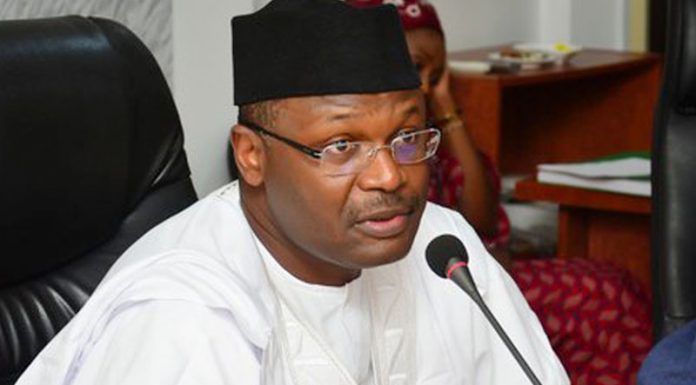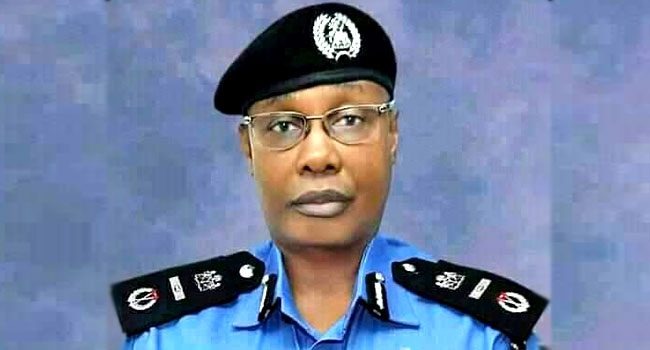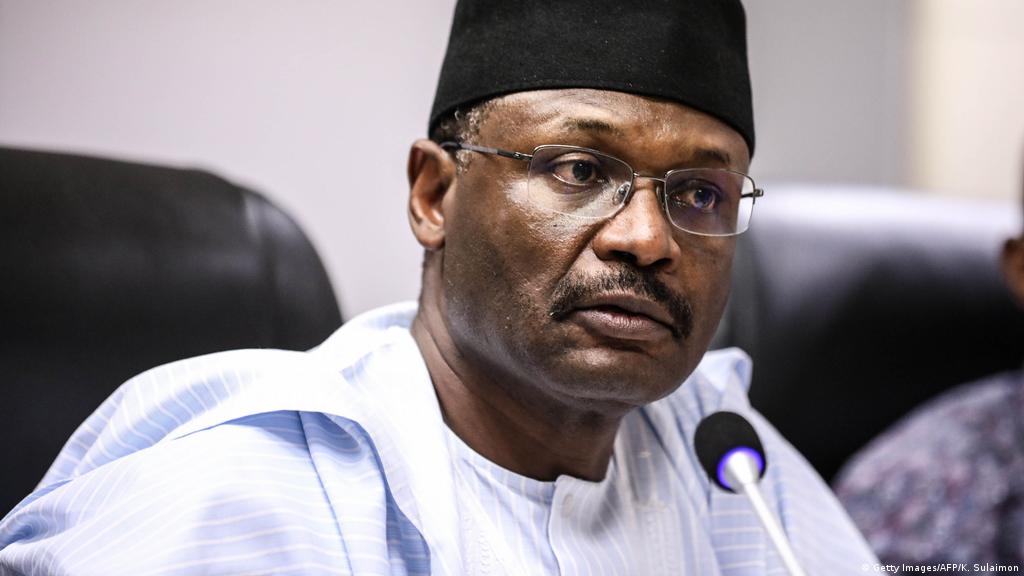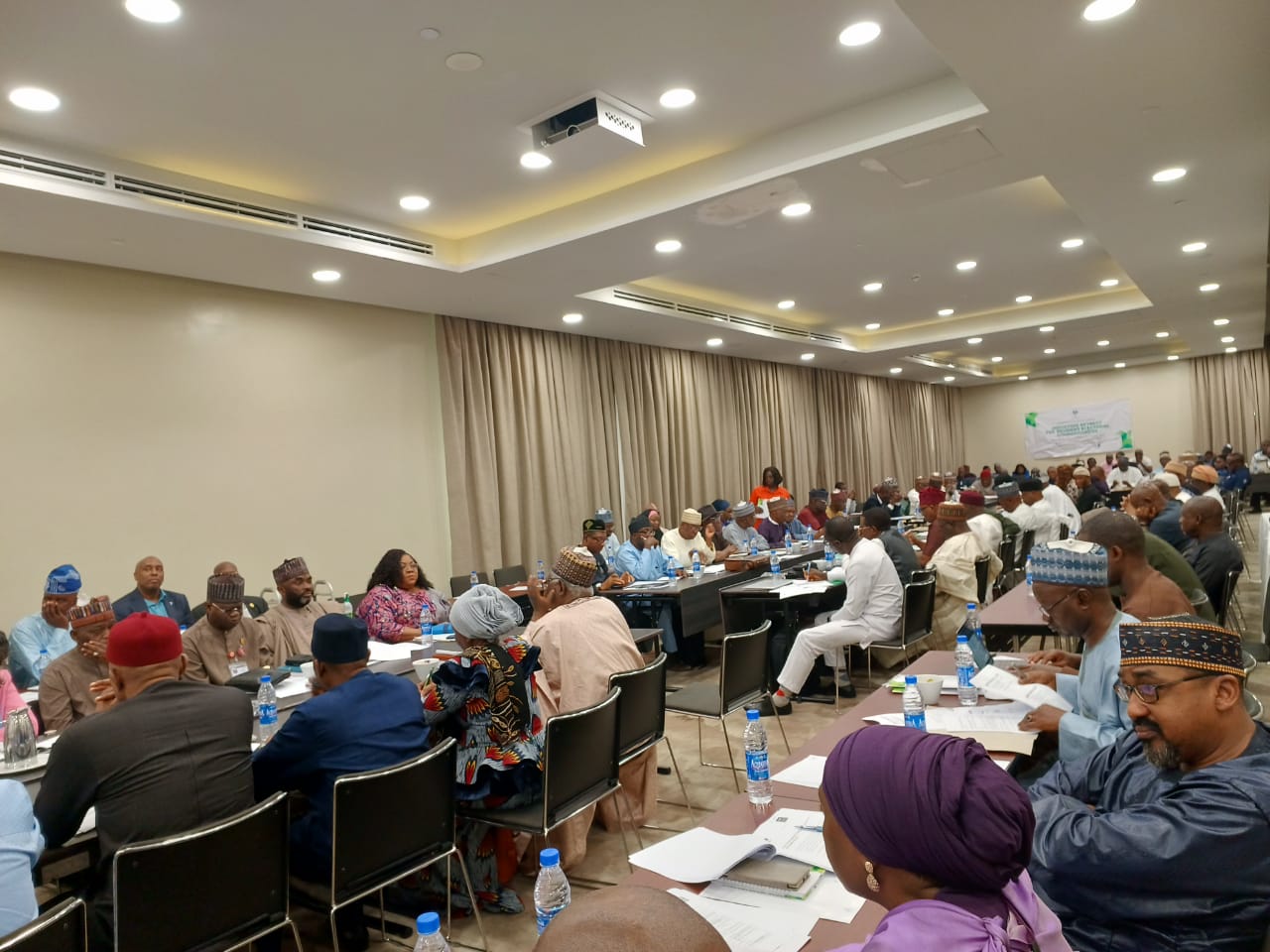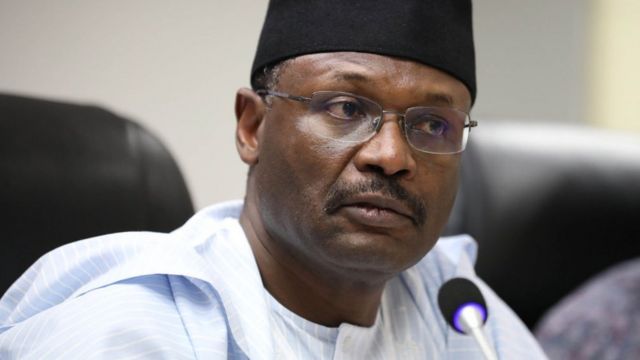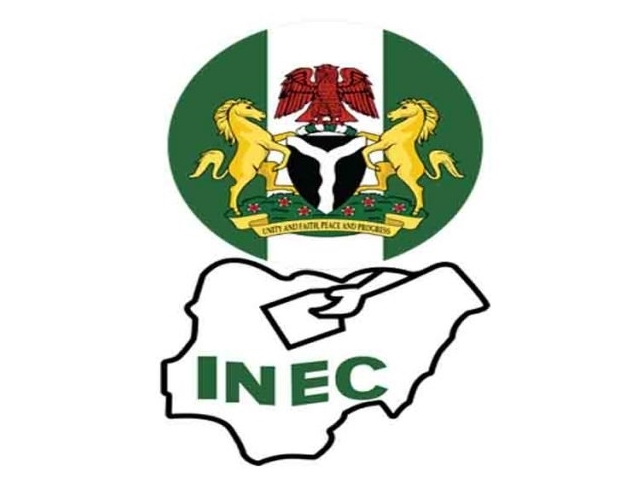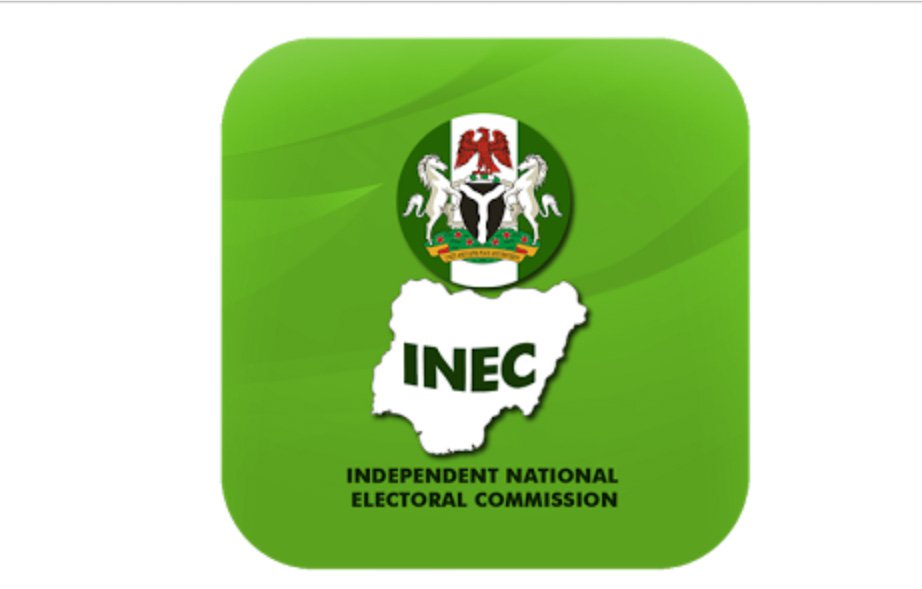By Evaristus Bassey
Months before the 2023 general elections I and my childhood friend would discuss the elections and conclude that even if the opposition won every vote, APC would not handover power after a paltry eight years in office! At first, we thought the key to this incumbency would be the refusal to sign further amendments to the electoral act that would introduce more technology. We were taken by surprise when Buhari signed the 2022 Electoral Act and outlawed manual accreditation. I had joked on twitter that I would stop eating Afang soup, a delicacy in my south-south region, if Buhari signed it before the 2019 elections. I won the bet. But I lost the bet when I said I would stop drinking garri if Buhari signed the Electoral Act before the 2023 Elections. Buhari won the bet, so I have had to make such a huge sacrifice of not drinking garri as a favourite past-time, with groundnuts.
When Buhari signed the 2022 Electoral Act, I began to wonder whether he wasn’t interested in his party continuing in government, because, apart from the 2015 elections, I could bet my blood that there was no way APC could win a free and fair presidential election. We were on the watchout for how APC would maneuver the provision in the Electoral Act that made it mandatory for only accredited voters to vote, effectively removing the fraud of maximizing votes based on number of registered voters. We were happy too with the provision on the transfer of results from the polling unit with the Bi-modal Voter Accreditation System (BVAS). It meant that at the completion of voting, each polling officer would transfer the result sheet to the INEC server in real time, and anyone could access the result viewing portal. If any results were cooked anywhere, it was just a question of adding up the numbers and coming up with the real result. It sounded so good, and we really thought the birth of a new Nigeria was at hand. But it sounded too good to be true, and my friend who eventually decided to join the APC would constantly remind me that there were no ways APC governors would allow the party to do only eight years and throw them into political oblivion, that they would do everything possible to go the length of PDP’s 16 years at least. Deep down I thought it would really be more than African magic if APC surmounted all these challenges and emerged victorious.
When PDP chose Atiku Abubakar, a northerner to succeed another northerner, my sympathies naturally were with APC if they chose a southerner. If the race remained merely between Atiku Abubakar and Asiwaju Tinubu, my support would naturally go to Asiwaju but I was prevented from this choice by the emergence of Peter Obi in Labour Party. The youths who galvanized around Obi and Datti did so in the hopes that the provisions of the Electoral Act would be implemented. I voted for the first time. You see I have mostly been an accredited observer during the Obasanjo elections, I couldn’t travel back home for the 2011 elections, and the 2015 and 2019 presidential elections both found me on official assignments outside the country. My polling unit was small, so I stayed and observed the counting and when it was time to upload the result sheet, the INEC ad hoc staff in charge of the BVAS kept trying and said the portal hadn’t opened yet. This was around 3.30pm so I left and went to two nearby polling units to observe the counting without giving a thought to any possible sabotage. I genuinely believed it was a network issue as we had been having issues with MTN network for weeks. It was only when I began seeing general complaints on twitter about the server not opening that I began to suspect something was amiss, and then when the results started being announced, people began seeing the discrepancies between the result sheets they had at the polling unit and the results being posted on INEC portal, meaning that the glitch in the network had given the powers that be a lapse to deconstruct the figures! As long as the result sheets were not on INEC portal in real time, it became indicative of suspicion. Rumours that result sheets wouldn’t be transferred in real time, which INEC chairman came out to debunk in November last year, turned out the truth. With this window, APC managed to retain itself in power for another eight years. In all this, my consolation as a person is that it is not Atiku Abubakar that this whole abracadabra has benefitted.
The official result of the presidential election shows that Asiwaju Tinubu is a one-man cabal. He clearly wasn’t wanted by the cabal in the party, but he emerged anyway as its candidate. If not for him, APC would have foisted another northerner on us and our cries would die down after a few days. The Naira swap was perceived to be a tool against Asiwaju’s emergence, but he has emerged anyway, thereby making the cabal in the presidency actually look small and powerless. Now that the Naira swap did not work to stop Asiwaju from emerging, could the CBN release more money to the commercial banks so that the suffering could end?
The main concern now is how to deal with the deep disappointment in our youths who really hoped that this was an opportunity to rebuild the country. How do we get them to hope again? How do we get them to believe in a new Nigeria again, when the steal was so much in their face? There is no need to hope in the Nigerian judiciary to address any wrongs because a presidential petition ordinarily is a herculean task; one would have to gather evidence from all the polling units in the country and prove beyond reasonable doubt that there were infractions. Unfortunately, those to check whether the proofs are reasonable only know one thing to be reasonable, money. There is a general perception that the consciences of those in the justice chambers are a commodity in the stock market.
This election has proven that incumbency is not an almighty factor. President Buhari has Jagaban foisted on him as his successor, and in Cross River State, Gov Ayade had an Olimpotic deafeat. Gov Wike seems to be the greatest beneficiary, having aligned with Jagaban at the last minute. Though I resent his uncouthness, I admire him for putting former Vice President Atiku in his place who thought he could just come and usurp the turn of the south to be president, after eight years of a northerner being president! With this, no part of the country will take the other for granted.
I still have a hope that all that Peter Obi and Datti represent isnt a fluke and that God will find a way to answer to the yearnings of those who genuinely seek a new Nigeria. For now, until the courts say otherwise, Asiwaju Bola Ahmed Tinubu is Nigeria’s president-elect, and congratulations to him. But he should not forget the APC governor elect of Bayelsa who heard the announcement of his removal a day before inauguration. President-elect is one thing, President inaugurated is another; Annulled-President is another, while One-term President is yet another, and 2nd-term-President is the final. Whichever one Asiwaju will be, may God’s will be done. Amen.
